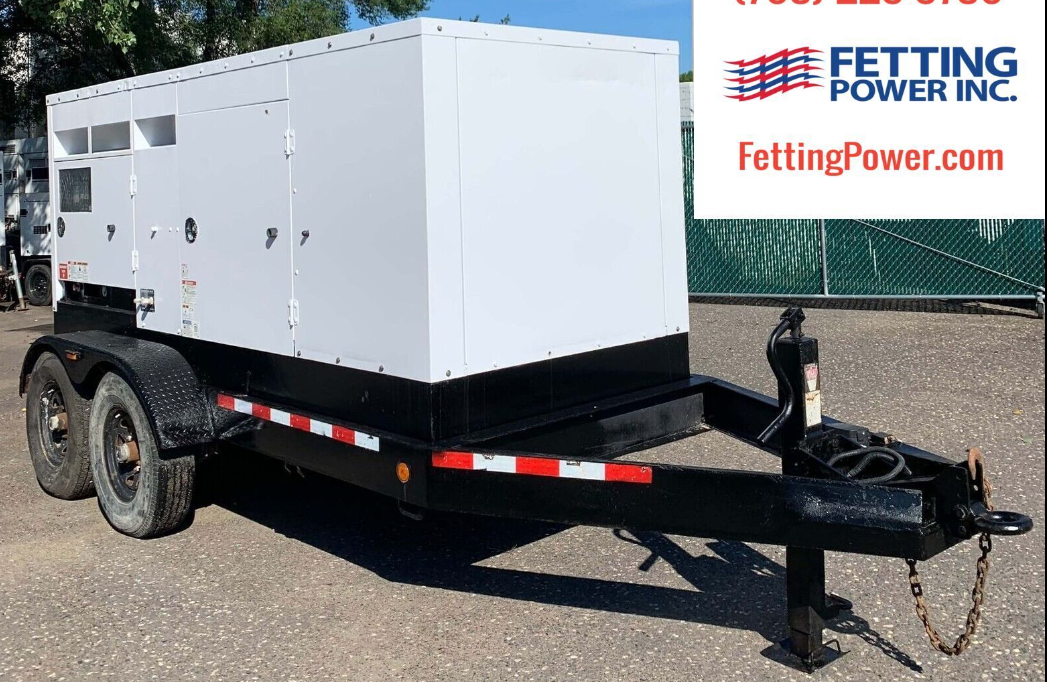Inverters for cars and trucks?
-
The typical car’s 12V outlet is rated for between 10 to 20 Amps. (Check your Honda’s spec.)
The typical crockpot uses 2 Amps. (Check your crockpot’s spec.)
The typical 12V car batteries, if fully charged, has 48 Amp-Hours of stored energy. (Check your car battery’s spec.)
Take a 50% discount for converter inefficiency and battery not being fully charged, you can probably run the typical crockpot for 12 hours. Subtract more from there to give yourself more buffer for safety, more margin for errors, etc.
-
I would not run an appliance like a crock pot off my engine battery. They are not designed for such. Rather I would get a deep cycle marine/rv battery or golf cart battery. They are designed to be discharged then brought back up to full charge. Car and truck batteries are not.
-
I would not run an appliance like a crock pot off my engine battery. They are not designed for such. Rather I would get a deep cycle marine/rv battery or golf cart battery. They are designed to be discharged then brought back up to full charge. Car and truck batteries are not.
-
The typical car’s 12V outlet is rated for between 10 to 20 Amps. (Check your Honda’s spec.)
The typical crockpot uses 2 Amps. (Check your crockpot’s spec.)
The typical 12V car batteries, if fully charged, has 48 Amp-Hours of stored energy. (Check your car battery’s spec.)
Take a 50% discount for converter inefficiency and battery not being fully charged, you can probably run the typical crockpot for 12 hours. Subtract more from there to give yourself more buffer for safety, more margin for errors, etc.
@Axtremus said in Inverters for cars and trucks?:
The typical car’s 12V outlet is rated for between 10 to 20 Amps. (Check your Honda’s spec.)
The typical crockpot uses 2 Amps. (Check your crockpot’s spec.)
The typical 12V car batteries, if fully charged, has 48 Amp-Hours of stored energy. (Check your car battery’s spec.)
Take a 50% discount for converter inefficiency and battery not being fully charged, you can probably run the typical crockpot for 12 hours. Subtract more from there to give yourself more buffer for safety, more margin for errors, etc.
I think your calculation isn't quite right.
First of all, 2 Amps at what voltage? It can't be 12V - that would be just 24W.
Typical crock-pots seem to have at least 1000W power. Let's say 1200W to get even numbers. That would translate to 100 Amps at 12V, assuming 100% converter efficiency. Definitely way beyond what a typical 12V outlet can provide. And even if it could handle 100 Amps, the car battery would be dead after 3 minutes.
-
The only way this might work is if you connect very thick jumper cables directly to the battery and leave the engine running (probably at more than idling speed). A typical generator to charge the battery produces, as far as I know, around 100A of 12V current. That could work.
-
@Renauda hence my advice to only use it when the engine is running. Otherwise, yeah, get a deep cycle battery.
-
@mark said in Inverters for cars and trucks?:
Run the engine when using it.
And be glad you don’t have any electric vehicle. That way you won’t run out of power.
@George-K said in Inverters for cars and trucks?:
@mark said in Inverters for cars and trucks?:
Run the engine when using it.
And be glad you don’t have any electric vehicle. That way you won’t run out of power.
That problem is easy to solve:

-
@Axtremus said in Inverters for cars and trucks?:
The typical car’s 12V outlet is rated for between 10 to 20 Amps. (Check your Honda’s spec.)
The typical crockpot uses 2 Amps. (Check your crockpot’s spec.)
The typical 12V car batteries, if fully charged, has 48 Amp-Hours of stored energy. (Check your car battery’s spec.)
Take a 50% discount for converter inefficiency and battery not being fully charged, you can probably run the typical crockpot for 12 hours. Subtract more from there to give yourself more buffer for safety, more margin for errors, etc.
I think your calculation isn't quite right.
First of all, 2 Amps at what voltage? It can't be 12V - that would be just 24W.
Typical crock-pots seem to have at least 1000W power. Let's say 1200W to get even numbers. That would translate to 100 Amps at 12V, assuming 100% converter efficiency. Definitely way beyond what a typical 12V outlet can provide. And even if it could handle 100 Amps, the car battery would be dead after 3 minutes.
@Klaus said in Inverters for cars and trucks?:
I think your calculation isn't quite right.
First of all, 2 Amps at what voltage? It can't be 12V - that would be just 24W.
You're right. I was in a rush to count the Amps that I skipped over the Watts.
Recalculating in Watts:
A typical 12V car battery, fully charged, stores about 1300 Watt-Hours of energy.
A typical crockpot draws around 250 Watts of power.
Take 50% off the battery's capacity then divide by 250 Watts gets you maybe 2.5 hours or crockpot cooking time. :man-shrugging:
